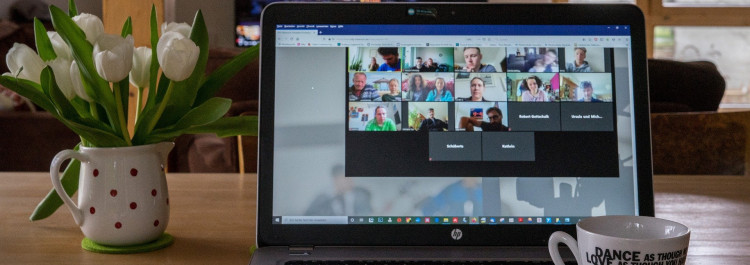The theme in my Humanities Worldviews course this term is “Work and Play Across Time and Place,” and this week we read a short blog post where the writer’s coach (I am guessing life coach, not hockey coach) suggested she replace the word “work” with the word “play” and see how it affected her performance. As she says, this sounds pretty cheesy, and although my students, like the journalist, were skeptical about the results of this little mental experiment, everyone agreed to try it out for the next week. This means that my students will be “playing on their homeplay” instead of working on their homework; that they need to “play” on their essay or assignment, not work on it. We agreed to return after our reading week break and share how this experiment “played out.” In the spirit of this exercise, and also in the context of the Winter Olympics that have been playing in the background of our lives the past couple weeks, I thought I would “play” on a proposal for the SALTISE conference to be held on May 31st and June 1st of this year. Here is my playful proposition: Members of the SALTISE community could hold an Active Learning Olympics on Friday, June 1, as one of the options for the post conference workshops.
The idea would be to create experiences that put the participating teachers, administrators, professionals and researchers in a “simulation” where they experience active learning. The content could be discipline oriented, but it could also focus on active learning, or research themes. Tasks would be created and facilitated by experienced active learning practitioners from the SALTISE community. Workshop participants would be grouped into teams and they would need to complete various active learning tasks, moving from one McGill Active Learning Classroom (ALC) venue to the next after each task is completed. This would not be a race, though; the large group made up of the smaller teams would travel together on a time schedule. The McGill Downtown campus has several ALCs and it will add to the experience of the conference participants to see how each AL classroom differs. This is not simply a tour of McGill’s Active Learning Classrooms, the Active Learning Olympics requires participants to sit in the rolling, swiveling chairs, to gather around the strangely shaped tables, to use the writable walls and test out the available technology. This format will allow educators to experience active learning from a student’s perspective.
ALCs at McGill’s Downtown Campus
- Burnside Hall, Room 511
- Education Building, Room 627
- McIntyre Medical Building, Rooms 206/7, 208/9, 210/11
- New Music Building, Room 412
- 688 Sherbrooke W., Room 1265
For an example of the kind of active learning activity I am imagining, let me play with an idea I might try. I could collaborate with another teacher from my college to facilitate a Team Poster activity that uses Google Drive. Each team would need to invent an active-learning-related team name, slogan, representative image, and maybe even a cheer –we are, after all, something along the lines of active learning “cheerleaders,” and I am, after all, “playing” with these ideas. Participants would experience what it’s like to work on the same document with other participants in real time. They would have the opportunity to give and receive peer feedback. Each group would share their work with the larger group at the end of our time in that particular ALC and there would be opportunity for reflection on the active learning experience.
Then all the groups would move together to the second McGill ALC to begin the next active learning activity. Teams or individuals from other institutions can facilitate three or four other activities, each one to take place in a different McGill ALC as the participants move around the campus, almost like one of those movable feasts where a different host serves each course of the meal and the diners travel from house to house, from the appetizer, to main dish, to dessert.
We could even use GRASP, the Active Learning Group Tracker application that turns smartphones into group question and progress monitors, developed by a team of researchers from the Quebec College network, to track each team’s progress. This will make things run more smoothly and give educators the opportunity to witness this innovative application in action!
Finally, we can finish with a symposium to debrief and brainstorm on what we can do with what we learned during our (First? Who knows, this may even turn out to be a tradition!) Active Learning Olympics.
So SALTISE community… Who wants to play?



